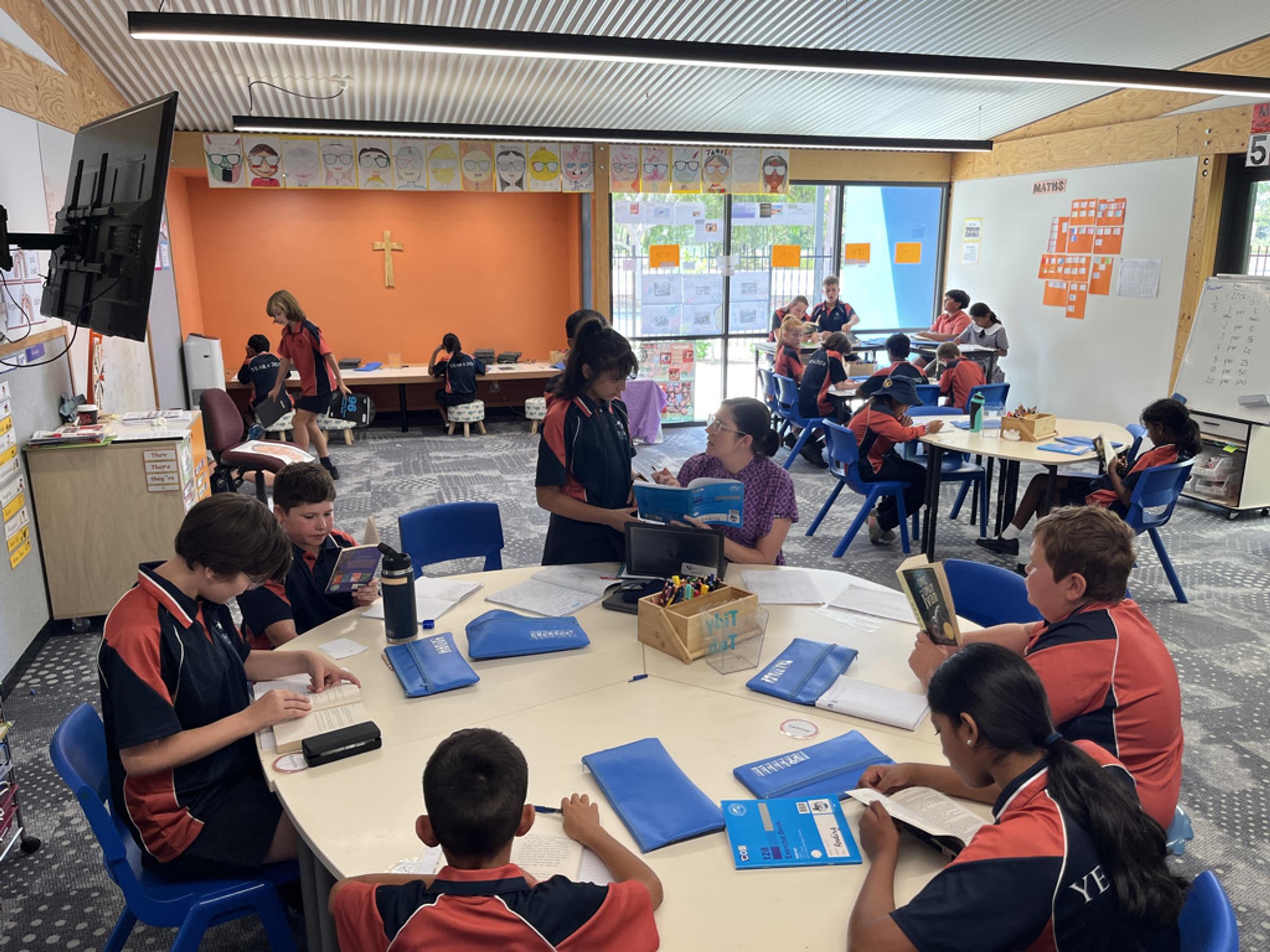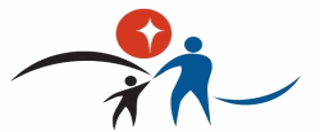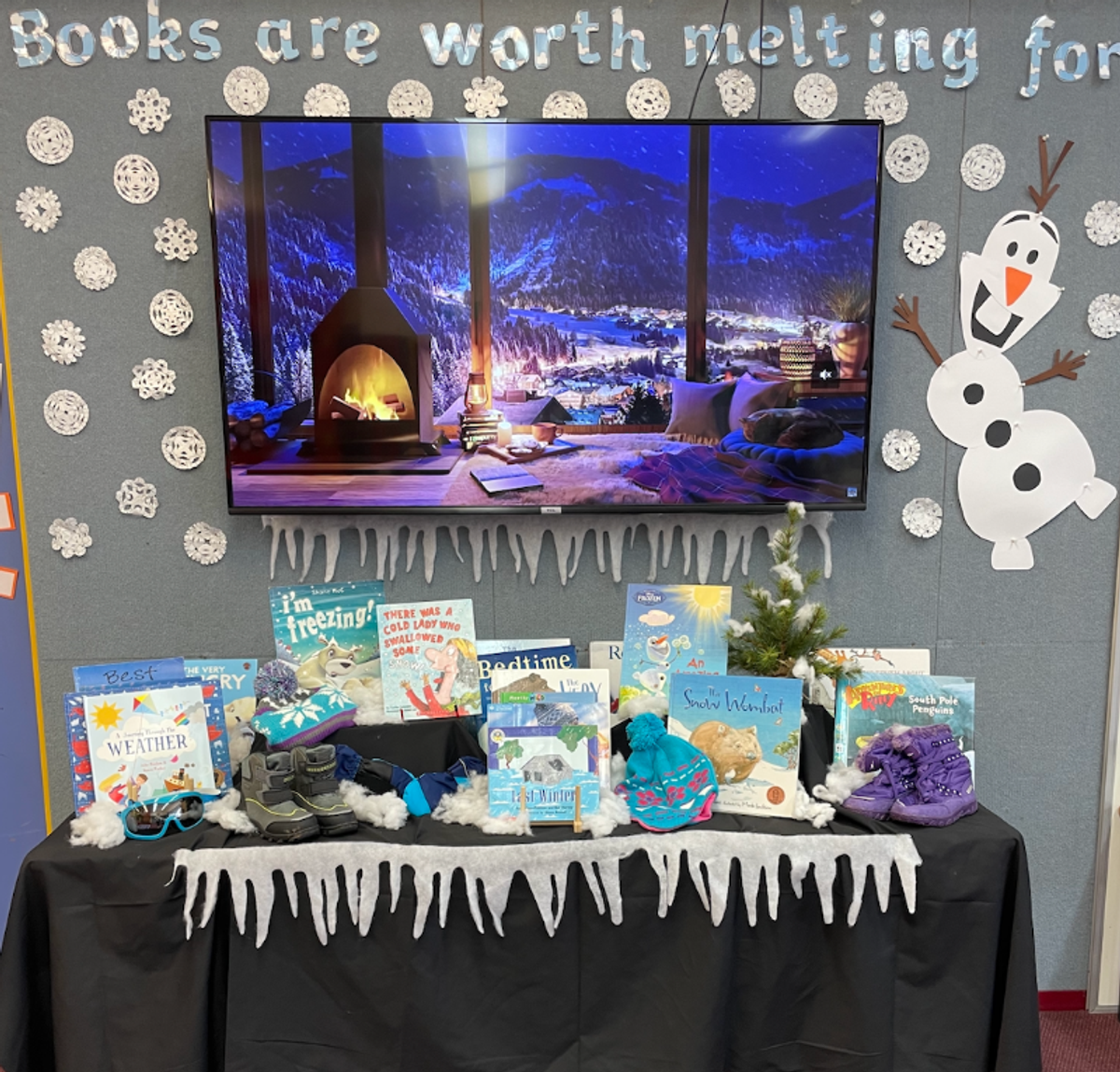Learning Enhancement

HIT #5. Collaborative Learning
Collaborative, or co-operative learning is all about the power of teamwork, communication, and mutual support –life skills required beyond formal education. In collaborative learning environments, children engage in collective problem-solving, group discussions, and shared exploration of ideas. It fosters academic growth, and is an invaluable tool for social and emotional development. By working together, students cultivate essential skills such as critical thinking, empathy, and leadership, preparing them to thrive in an increasingly interconnected world. As parents, understanding the principles and benefits of collaborative learning can help you to support your child's educational journey and embrace approaches to learning that extend beyond the confines of the classroom.
With a focus on meaningful learning, the teacher uses co-operative learning strategies and the strategic selection of groups to establish an atmosphere of co-operation and collaboration. Collaborative learning is supported by designing meaningful tasks and inviting group responses to questions. This relies on students actively participating in negotiating roles, responsibilities and outcomes. Their collaboration may involve projects undertaken by the whole class, or a think-pair-share activity.
Think-pair-share is a strategy used from Foundation throughout the primary years. A question may be posed by the teacher or a student. The class is then instructed to think about their response before sharing it with their shoulder partner (if sitting at a desk) or the person sitting closest on the floor. Students share their ideas in a safe way, with just one person, allowing them to clarify their thinking, hear another response and gain confidence in communicating their ideas. The teacher can then call on a student to share their own or their partners idea, knowing that they have had time to discuss and feel comfortable with the response. Oral communication skills, both listening and speaking, are practiced and developed. Comprehension of orally presented material, or reading material, is enhanced, simply by talking to someone. Think-pair-share limits calling out and allows students who may need more time to respond, instead of the same children always having their hand up first. More voices can be heard by using this strategy.
Another collaborative learning strategy is the assignment of roles within a group. Next term, when we shift our focus to learning about science, students may be involved in hands-on experiments. It is important that everyone in the group understands their role and responsibilities. Science investigation teams in Foundation to Year 2 usually have a speaker and manager, while in middle and upper grades, a Director is often added.
The Manager collects and returns the groups’ equipment, and reports damages. Everyone is responsible for using equipment safely and for clean-up, but the Manager is in charge of returning items safely.
The Speaker asks clarifying questions of another groups’ Speaker, or the teacher. They are the only person who can leave the group to ask a question or get help. The Speaker does not report the results back to the class – that can be anyone’s role.
In middle and upper grades the Director is responsible for encouraging the team and helping them to focus on each step of the investigation. They need to understand the task and know how to follow instructions. The Director provides guidance so the investigation is successful but is not the boss!
By working collaboratively students gain experience in working with others, being part of a team, and developing their personal and social skills. These skills will continue to develop, with practice, throughout their school years, and beyond. The ability to work well with others is an invaluable skill.
regards
Jen McKillop
Eloise Liddell
Jess Moodie
Library News
Book Club
Issue 4 orders have been placed and will arrive next week. Thank you for all your orders, we have been able to purchase new books for the library with the reward points.
Overdue books
Please continue to look for overdue books and return them to the library before the end of the Term. We have quite a few books missing!
The library is a great place to keep warm this Winter
ICAS Letter



